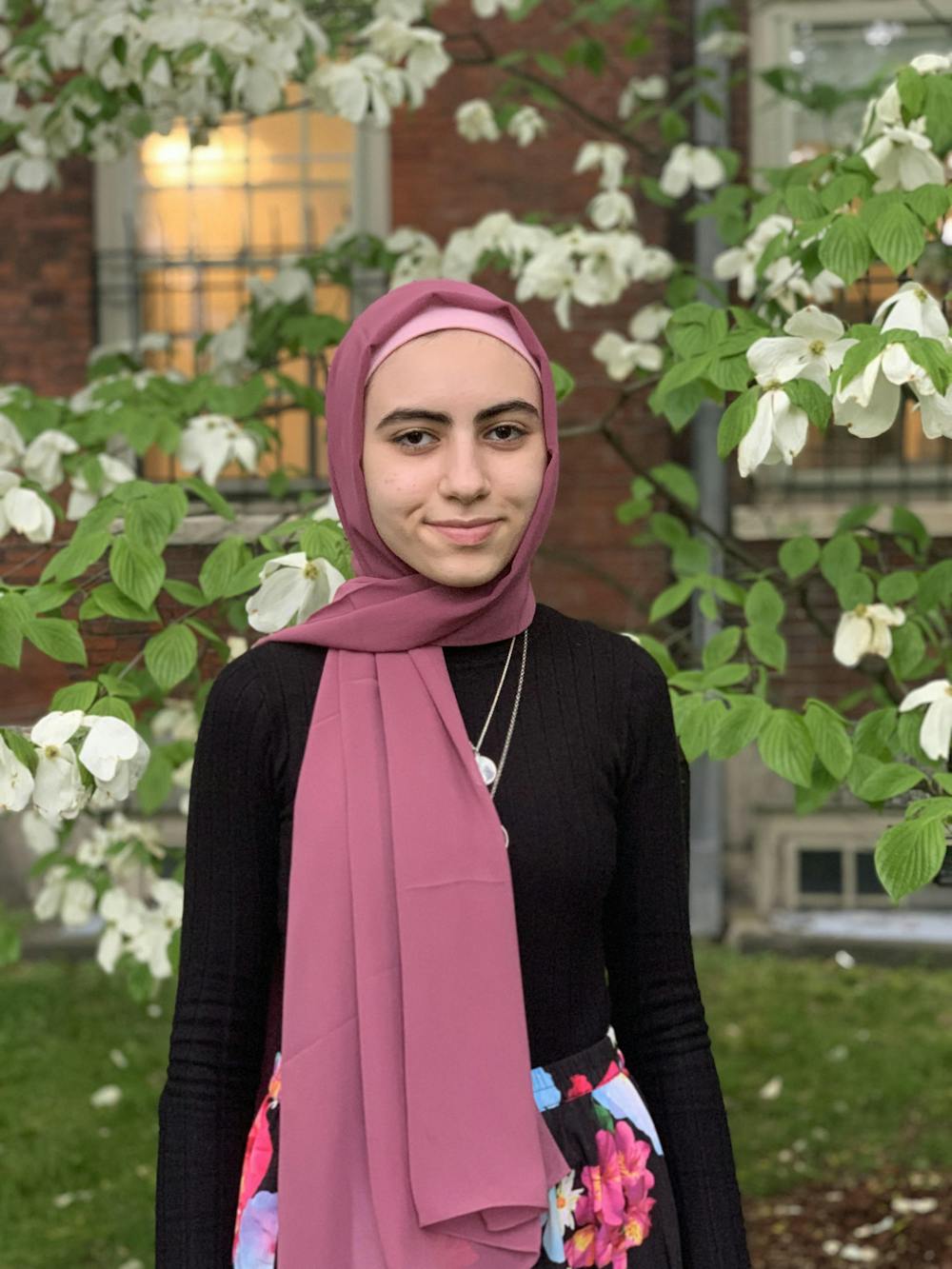“Before we begin, let us have each person introduce themself. Share your year, concentration, where you are from and a fun fact.”
Hi, I’m Rahma — class of ’22; I concentrate in Biology and Public Health; I am from New York City, and my fun fact is that I actually enjoy icebreakers, despite the anxiety they can induce.
For the past four years, many of my interactions within and beyond the classroom have begun with answering icebreaker questions, sharing my class year and concentration with peers and listening to them as they do the same. This exercise is not unique to my college experience, of course; chances are you have introduced yourself countless times through icebreakers as well. At least for me though, icebreakers always felt tedious — a logistical component of a class or gathering that was hardly a meaningful use of time.
But over many years of participating in these activities, I have recognized that icebreakers represent more than awkward introductions. They are a privilege.
I know this from experience as a Muslim-American woman. My intersectional identities are attached to many stereotypes, so icebreakers give me the opportunity to introduce myself instead of having people rely on a sphere of false assumptions.
If you asked me to introduce myself, you would learn that I am an avid science-fiction/fantasy fan who has watched “The Lord of the Rings” trilogy many more times than my siblings have liked. You would learn that I am a visual person who color-codes my notes and pays special attention to matching the colors in my outfits. You would learn that I am an aspiring physician who developed an understanding of the value of service from the sacrifices my parents continually make, whether for my siblings and me or for their patients. My introduction would reveal that who I am is quite different from what your assumptions may lead you to believe.
The idea that things are more complex than they appear is one that was ingrained throughout my journey at Brown. From my very first semester of college, in my introductory chemistry course, Professor Matthew Zimmt stressed that definitive statements could not even be made about subatomic particles. Even the model that we used to simplify the quantum mechanics underlying these particles felt surprisingly complex and nuanced. In my public health courses, professors emphasized that health is influenced by more than just medical care and that there is value in a holistic approach that considers the social determinants of health. When I co-hosted The COVID Pod with Dr. Ashish Jha and three fellow members of The Brown Daily Herald, we moved beyond simple labels like “anti-vaxxer” to discuss the complex reality of people’s health choices.
From electrons to health, there is always more complexity than is immediately apparent. Even the tiniest of subatomic particles cannot be easily described, and health and health choices are shaped by myriad factors. Imagine what is missed when we minimize people to our assumptions of them. When we allow people to introduce themselves, we grant them agency over how they present their identities and we get to learn about the multidimensional, unique individuals that they are. Not doing so might lead to a missed opportunity to truly get to know someone and form that genuine connection.
That agency is vital to the strength of the intellectual community Brown strives for. My identity’s presence in my education, even at a basic level, gave me a feeling of community and belonging. This was especially the case during the beginning of the COVID-19 pandemic, when all of my courses took place on Zoom. Suddenly, everyone in the meeting had access to arguably the most essential part of a person’s identity in the bottom left corner of a box on the screen. As someone with a regularly mispronounced name (“Rahma” is an Arabic word that translates to “mercy”), the presence of my name helped my classmates better address me, referring to the spelling on the screen to pronounce my name more accurately, or even just attempt to address me using it. Hearing the language change from “as was previously mentioned” to “as Rahma mentioned” made a big difference. Having just my name — only a single component of my identity — actively present in my education made me feel like a member of a community, rather than just a member of a class. I believe the value of simply addressing people by their name is a testament to the genuine connections that can be formed when we allow others to introduce themselves.
Through years of icebreaker activities, I have recognized that if we take the time to allow people to introduce themselves, we can form bonds with those who are more similar to us than we might think. Being able to introduce ourselves in social settings and classes, while sometimes awkward, is truly a privilege.





